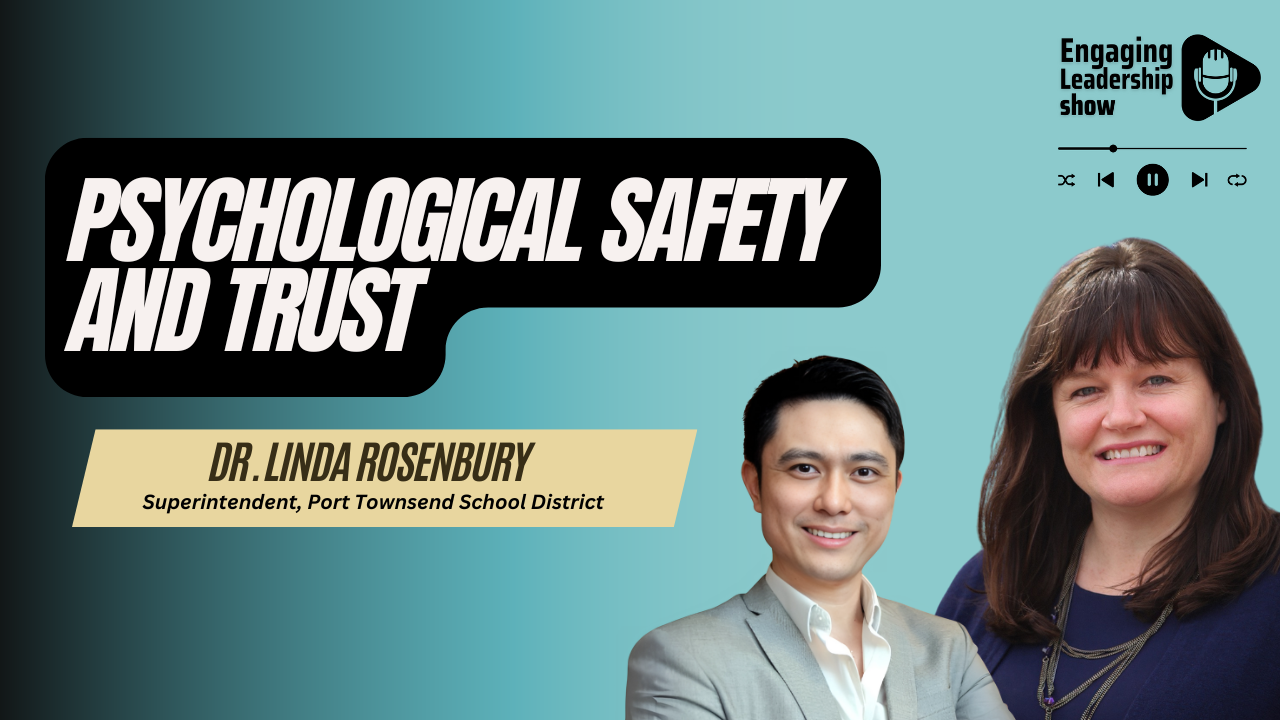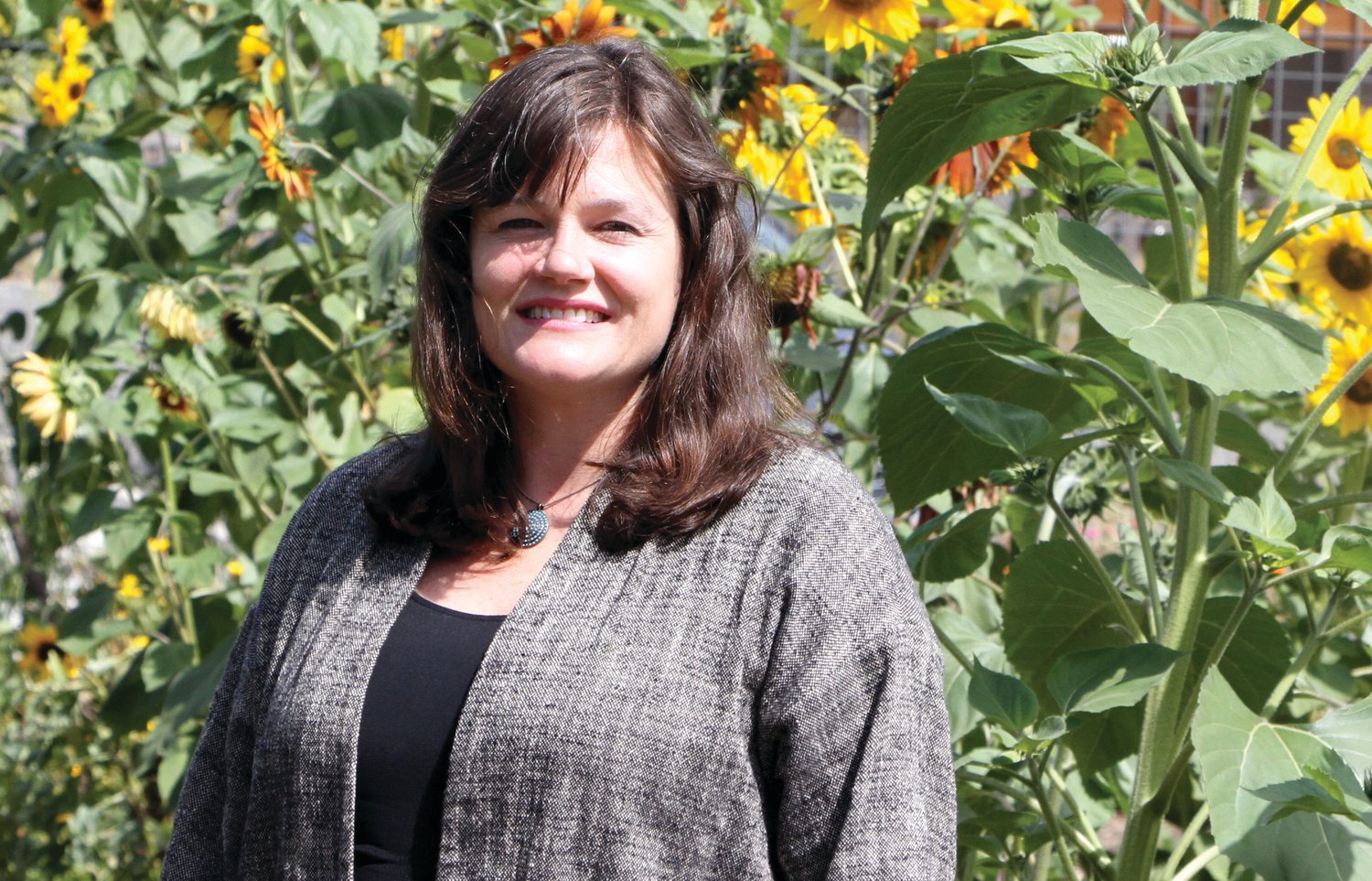Student Voice Masterclass - Being Curious About Decisions

Can educational leaders truly create systems where student voices matter?
How can superintendents gather, interpret, and act on student input while still making tough district-level decisions?
On the Engaging Leadership Show, I had the privilege of speaking with Dr. Linda Rosenbury, Superintendent of Port Townsend School District in Washington State, who shared her journey from principal of one of New York City's most violent schools to leading a small district of 1,200 students nestled on the Olympic Peninsula.
Watch the full episode below
The Evolution of Listening to Student Voice
Dr. Rosenbury's approach to student voice has evolved dramatically throughout her career. What began as responsive leadership transformed into strategic, systematic listening that captures diverse perspectives.
"What I've learned is that responding to each person as they come at me can actually lead to a very fractured response and not hearing a full range of voices."
-Dr. Linda Rosenbury

Port Townsend's approach includes fall and winter surveys, student voice teams at each school, and student representatives on the school board with advisory votes. This comprehensive system ensures student perspectives inform major decisions from school calendars to technology policies.
Building Trust Through Transparency and Humility
Perhaps most striking about Dr. Rosenbury's leadership is her willingness to admit mistakes. She shared a powerful story from her days as a principal in the Bronx:
"A middle school girl was talking back to me and I escalated with her... The next morning I called her in and said, 'I'm sorry, I don't like the way I acted yesterday. That was wrong of me.' Our relationship became stronger than if I hadn't made the mistake."
-Dr. Linda Rosenbury
This commitment to owning errors extends throughout her leadership. When she used AI to draft a teacher appreciation message that some found offensive, her immediate apology built surprising trust: "Some people wrote back, 'I've never seen a superintendent apologize like that.'"
Data-Informed Decision Making with Context
Dr. Rosenbury's approach to survey data is particularly sophisticated. She understands surveys capture sentiment at specific moments - student feelings about safety drop after lockdown drills, perceptions of teacher challenge change after report cards are issued.
To maintain transparency, Port Townsend publishes raw survey data while protecting anonymity. This level of openness builds community trust even when decisions don't align with majority opinion.
"We heard your voice, we know you're not sure about this. We still think it's a good idea because of this research... Being told, 'We saw your input and we're going in a different direction, but we want you to have input again in a year and a half' was better than what students are used to, which is not being asked in the first place."
-Dr. Linda Rosenbury
Leadership Insights from Dr. Linda Rosenbury
Throughout our conversation, several key leadership principles emerged:
- Embrace Vulnerability: Acknowledge mistakes openly and use them to strengthen relationships
- Listen Systematically: Create structured systems for gathering diverse voices
- Provide Context for Decisions: Explain the "why" behind choices, especially when they differ from collected input
- Share Raw Data: Build trust through radical transparency around information
- Keep Students Central: Even when working primarily with adults
"The toughest shift was orienting towards the adults who I get work done through or with. How do you shift to working with primarily adults as an education leader, yet keep students at the center? If you can do that, you'll be golden."
-Dr. Linda Rosenbury